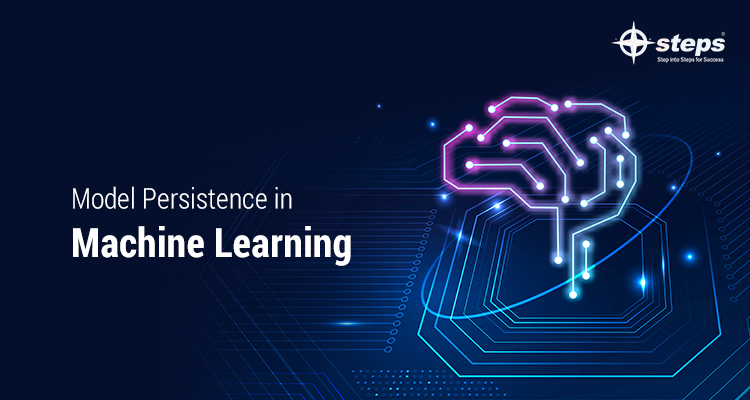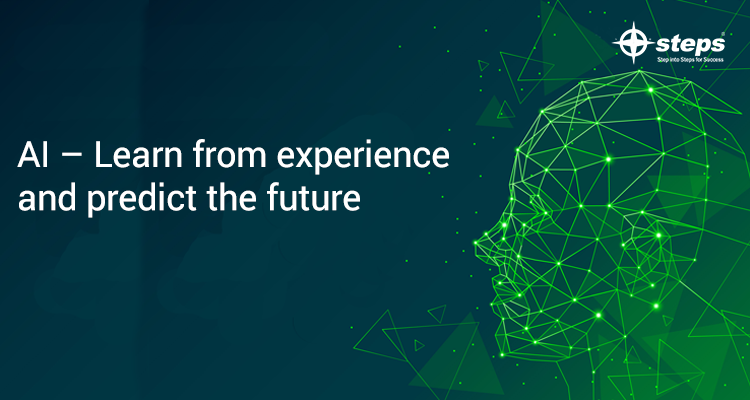Model Persistence in Machine Learning

In the realm of model development in Machine learning, saving models is very crucial. It is desirable to save the model for future use. It will be inefficient to train data for a model, each time you want to make a prediction. Due to all the input features and all parameters contributing to the huge size, it is ideal to not retrain the model every time we need to get a model prediction. So, the best thing to do is to save the model and load it when required for inference or prediction. There are two basic approaches for saving the model – using Pickle and Joblib.
In machine learning, the data we handle will have a lot of data points and input features. It is common to perform the usual Exploratory Data Analysis and pre-processing and feeding it to the model for training. Due to the huge size of the data, retraining every time for inference is inefficient. So, for that reason, the trained model is saved using model persistence methods. Pickle and Joblib are two approaches used for saving the model.
The basic concept of these approaches is object serialization and de-serialization. Object serialization is the procedure to save the model – representing an object with a stream of bytes, so as to store it in a disk, send data over TCP Connection, or save it to a database. De-serialization is the process of restoring of machine learning model.
Pickle
Pickle is a python module that is used for serializing a python object into a binary format and then de-serialize back to a python object. The first phase involves creating a trained model and then dumping the model using a pickle to a string.
import pickle
s = pickle.dumps(saved_model)
Whenever required, load the model in runtime and use its predict method.
model = pickle.loads(saved_model)
Joblib
Joblib belongs to the python machine learning package – scikit-Learn. It is more efficient on objects that carry large numpy arrays and can be used instead of a pickle module for saving the model.
from sklearn.externals import joblib
from joblib import dump, load
dump(saved_model, ‘filename.joblib’)
Then, load the model when required.
model = load(‘filename.joblib’)
It should be noted that both these processes work on the same concept of serialization and deserialization, thus it is advised to pickle or Joblib the model from a trusted source.
It is important to train under the supervised guidance in the Best AI Training in Kochi for developing a strong understanding of Machine Learning.
In this world with ever ending arrival of new technologies, Machine learning has become one of the most sorts out requirements and Artificial Intelligence Training in Kochi will help you to achieve the dream of being an integral part of these new changes in the world.



